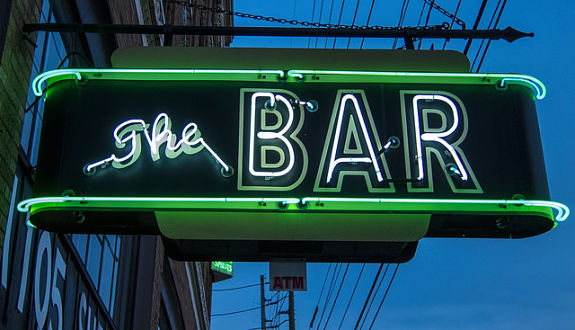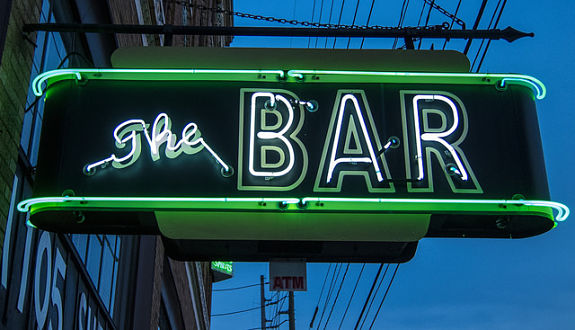The MBE, Which a Ton of Would-Be Attorneys Have Bombed Recently
- by
- Sep 19, 2018
- Legal Life, Legal News, The Bar Exam
- Reviewed by: Matt Riley


One topic of discussion that is sure to send shivers down the spine of any law student is the bar exam. The bar exam is the final academic hurdle on a prospective lawyer’s path to becoming licensed to practice law. It consists of a written portion, which covers different subjects depending on the jurisdiction, and a multiple-choice section, which is administered in virtually every jurisdiction (except Puerto Rico, oddly enough). The multiple choice section is called the “Multistate Bar Exam” or the “MBE.”
Recently, Multistate Bar Exam scores for the July bar came out, and they’re pretty dire. After a seeming rebound in performance, scores plummeted to a thirty-four year low. There’s a chance this decline will turn around in the near future, with the reportedly fresh crop of super smart students matriculating to law school, but for now the outlook is pretty bleak. This post is going to explain a little more about the MBE and the ways law students can position themselves to succeed on it.
The MBE is made up of two hundred multiple-choice questions taken over the course of two three-hour sittings. The MBE tests the following subjects: Civil Procedure, Constitutional Law, Contracts, Criminal Law and Procedure, Evidence, Real Property, and Torts. Basically, it covers the foundational courses that are almost universally taught during a student’s first year in law school. Unlike the LSAT, which requires no outside knowledge of facts, the MBE requires students to memorize a tremendous amount of information.
Generally, individuals preparing for the bar exam spend two to three months preparing, usually with the aid of a bar exam prep course. The courses generally consist of lectures on the MBE topics followed by myriad questions applying the knowledge. I supplemented my course with premade flash cards that I drilled almost constantly in the weeks leading up to the exam. This whole process will not seem unfamiliar after taking the LSAT, but it is more rigorous and the stakes are even higher at the end.
So, how can you position yourself to succeed on the MBE while in law school? Well, not a lot. I would, however, highly recommend taking classes on all of the subjects tested on the MBE. As I mentioned before, most of the subjects are required during a student’s first year. However, evidence and criminal procedure and generally not required subjects. The more familiarity you have with the subject matter, the more quickly you’ll internalize the information you need to remember. Beyond that, however, there’s not much you can do as a law student (apart from, of course, attending the best law school you can, given that pass rates are much higher as you progress up the rankings). The sheer amount of information you need to learn for the MBE is staggering, so it is unlikely you’d get much out of, say, drilling flashcards two years before the exam.
The bar exam is exactly as unpleasant as everyone makes it seem, and the recent downturn in scores is a reflection of its difficulty. When you get around to studying, you should treat it as a full-time job. Hopefully, the hours, combined with the foundation you acquired in law school, will help you be a part of moving the scores back up.
Search the Blog

Free LSAT Practice Account
Sign up for a free Blueprint LSAT account and get access to a free trial of the Self-Paced Course and a free practice LSAT with a detailed score report, mind-blowing analytics, and explanatory videos.
Learn More
Popular Posts
-
logic games Game Over: LSAC Says Farewell to Logic Games
-
General LSAT Advice How to Get a 180 on the LSAT
-
Entertainment Revisiting Elle's LSAT Journey from Legally Blonde








